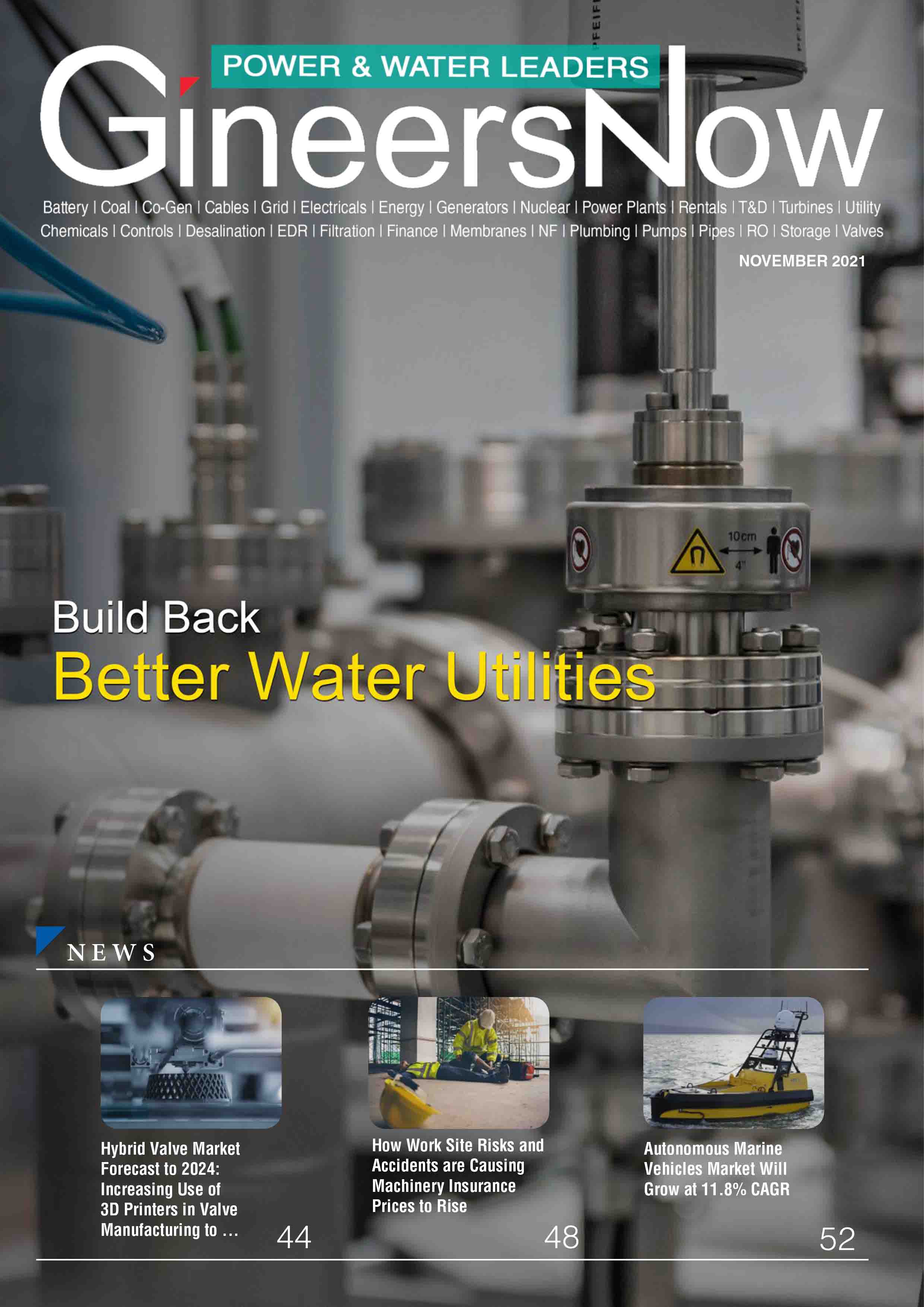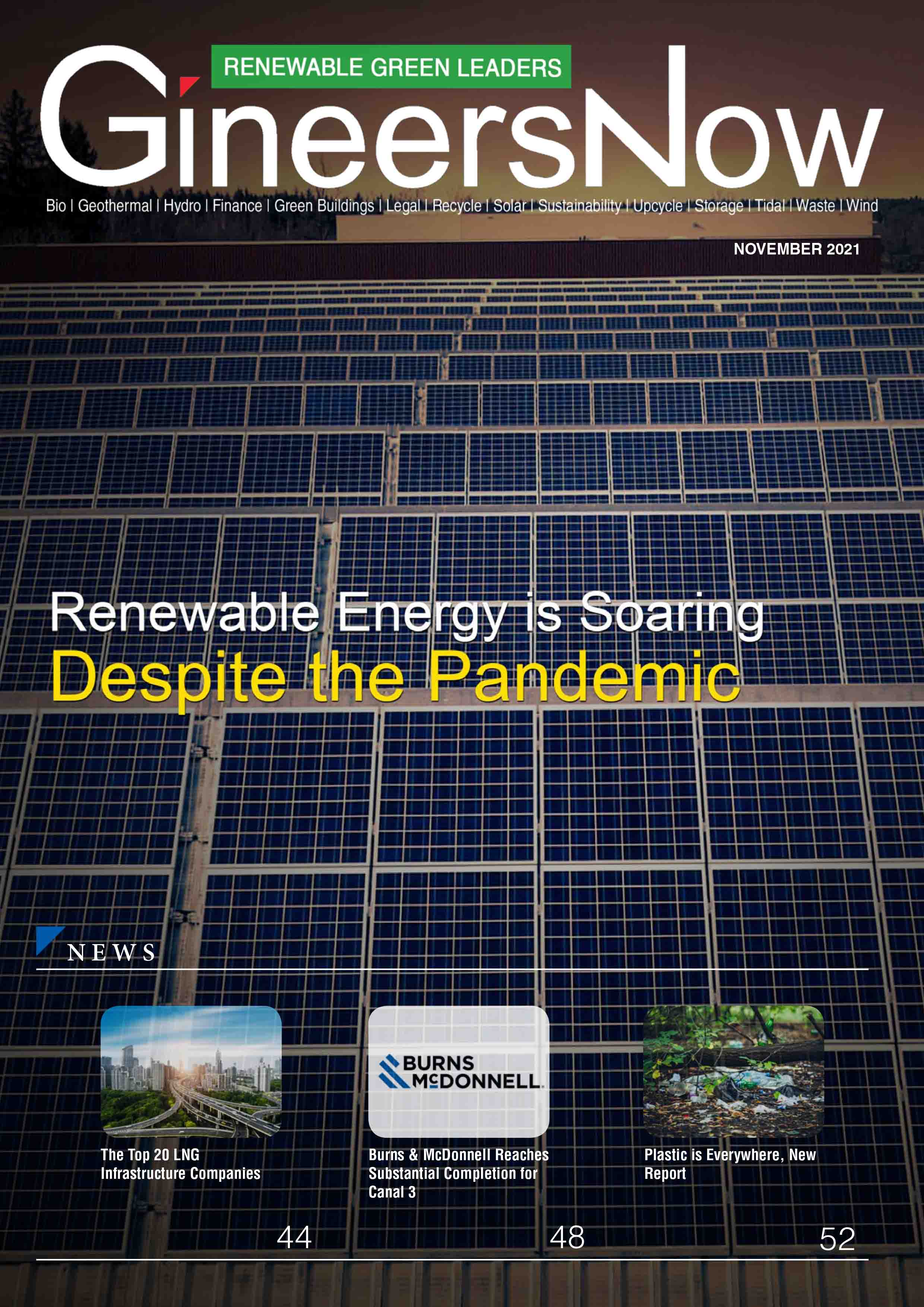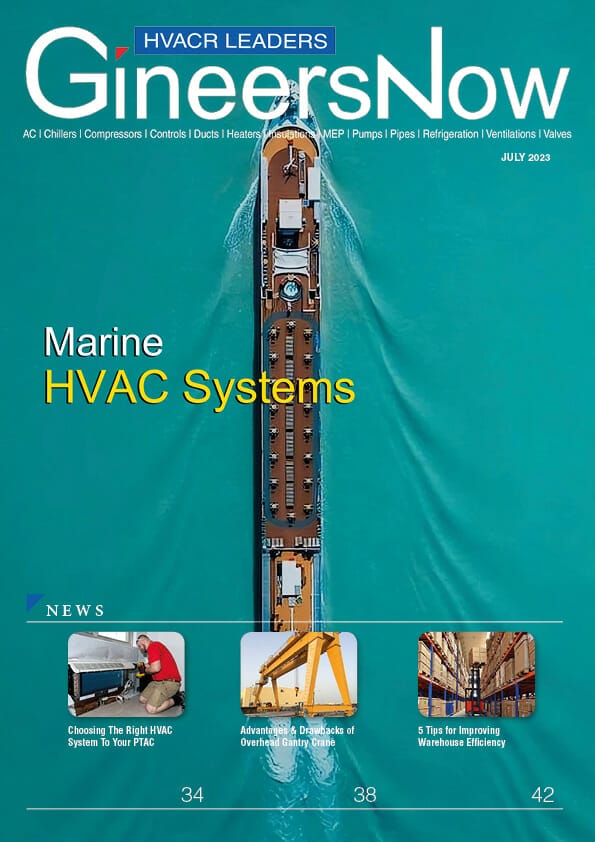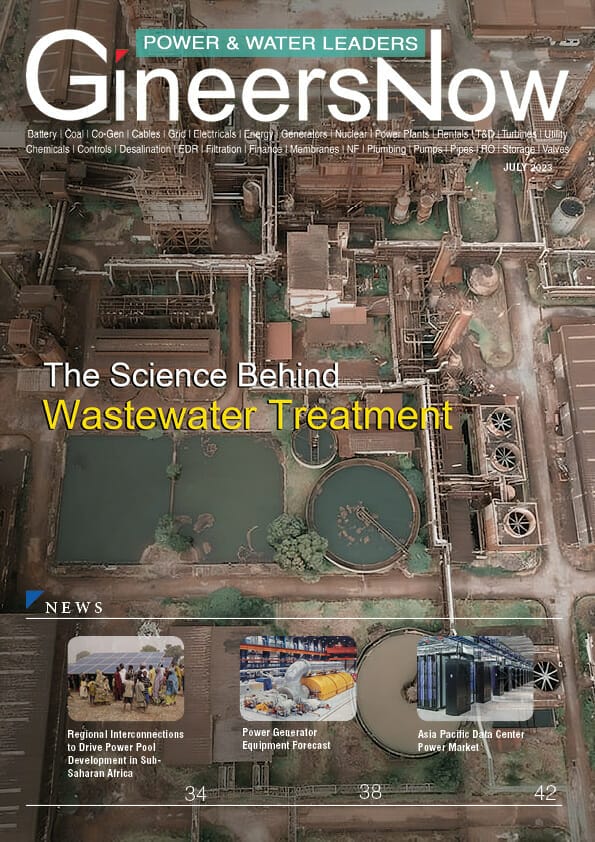Build Back Better Water Utilities
Accomplishing the Sustainable Development Goals (SDGs) throughout Asia and the Pacific is a big task. This is particularly true in emerging countries, where government resources are already stretched tight across a variety of objectives.
The pandemic had a broad effect on water utilities service providers, including those involved in water security, technical operations, commercial operations, finance, and socioeconomics.
In terms of water security, there were early concerns that the COVID-19 virus could survive in sewage or bodies of water. These concerns underscored the pivotal role of disinfecting water for household use and human consumption, in addition to wastewater treatment and environmental water monitoring.
Revenue decrease is also among the most significant financial effects on service providers. The reduction in commercial and industrial water use has not been completely offset by an increase in residential water demand.
In addition, the pandemic emphasized the inequalities in access to water and sanitation. While handwashing is critical for preventing and controlling the spread of COVID-19, appropriate hygiene practices remain difficult in regions with little or no access to clean running water.
Moving forward, it is critical to begin reconstructing a more sustainable and resilient water sector, which may be accomplished via the following measures:
- Health emergencies may be more successfully handled when water, sanitation, and hygiene (WASH) are included into public health strategies. Additionally, water utility providers must enhance their crisis preparation and response capabilities, as well as their utilization of wastewater-based epidemiology.
- Accelerating universal access to WASH in accordance with SDG 6 would need significant investments and novel approaches to water and sanitation services, such as decentralization and the use of natural solutions.
- Water service providers should take advantage of digital advances that are becoming more affordable and embrace technologies that offer the greatest value to both service providers and consumers.
- Following the pandemic, a primary emphasis should be on adopting methods and technologies that increase resilience and sustainability, supporting the circular economy, particularly toward net zero carbon status, and advocating for climate adaption measures.
- Private sector investment is another critical component in financing the rehabilitation and regeneration of the water sector. Support for financing must be combined with capacity development for service providers, including preparation for crisis preparedness in the event of a pandemic.
Click below to read the magazine
Click here to download the magazine about water utilities
Click here to read Water Utilities on Yumpu













